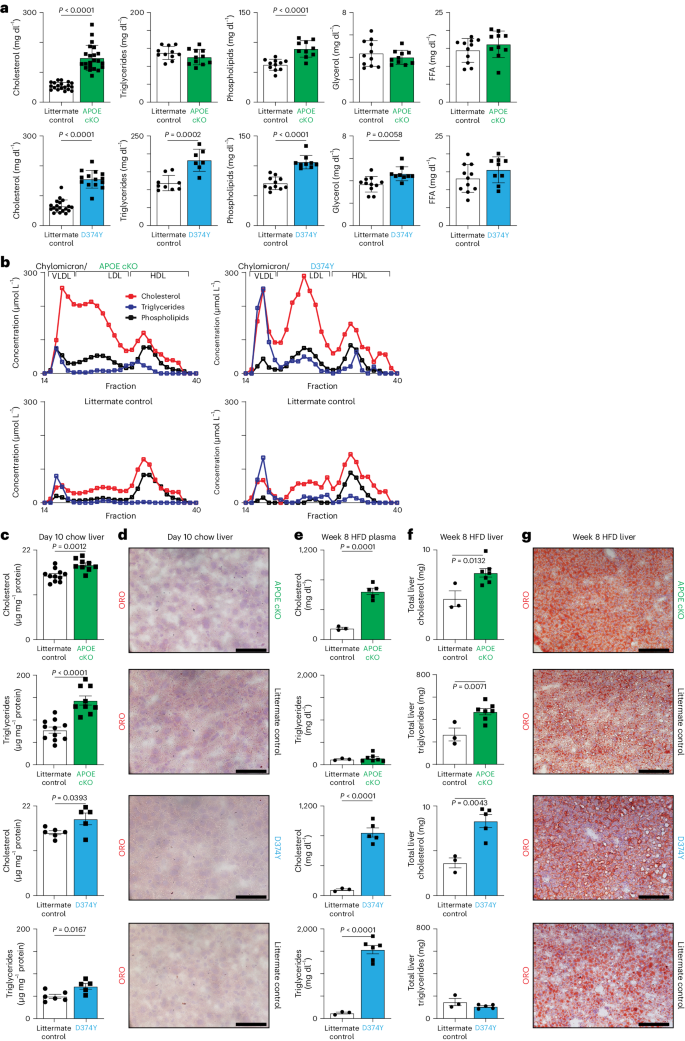2024-03-11 バーミンガム大学
<関連情報>
- https://www.birmingham.ac.uk/news/2024/blood-based-marker-developed-to-identify-sleep-deprivation
- https://www.science.org/doi/10.1126/sciadv.adj6834
メタボロームバイオマーカーを用いた急性睡眠不足の正確な検出-機械学習によるアプローチ Accurate detection of acute sleep deprivation using a metabolomic biomarker—A machine learning approach
KATHERINE JEPPE , SUZANNE FTOUNI , BRUNDA NIJAGAL , LEILAH K. GRANT , […], AND CLARE ANDERSON
Science Advances Published:8 Mar 2024
DOI:https://doi.org/10.1126/sciadv.adj6834

Abstract
Sleep deprivation enhances risk for serious injury and fatality on the roads and in workplaces. To facilitate future management of these risks through advanced detection, we developed and validated a metabolomic biomarker of sleep deprivation in healthy, young participants, across three experiments. Bi-hourly plasma samples from 2 × 40-hour extended wake protocols (for train/test models) and 1 × 40-hour protocol with an 8-hour overnight sleep interval were analyzed by untargeted liquid chromatography–mass spectrometry. Using a knowledge-based machine learning approach, five consistently important variables were used to build predictive models. Sleep deprivation (24 to 38 hours awake) was predicted accurately in classification models [versus well-rested (0 to 16 hours)] (accuracy = 94.7%/AUC 99.2%, 79.3%/AUC 89.1%) and to a lesser extent in regression (R2 = 86.1 and 47.8%) models for within- and between-participant models, respectively. Metabolites were identified for replicability/future deployment. This approach for detecting acute sleep deprivation offers potential to reduce accidents through “fitness for duty” or “post-accident analysis” assessments.


